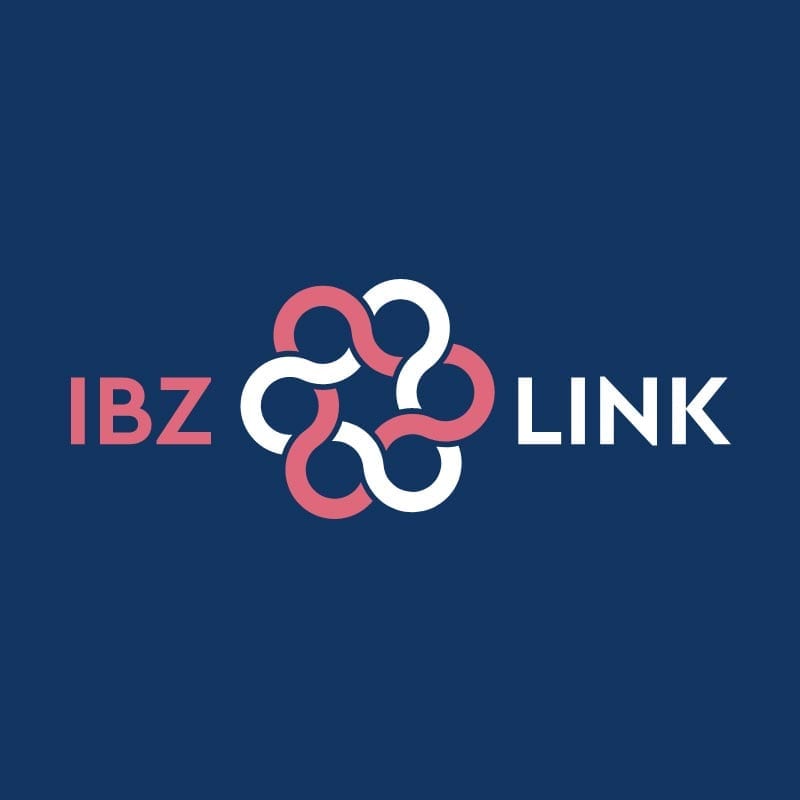5 Legal Tips To Consider Before Signing a Mortgage

Ready to buy a home? Buying a home is one of the most significant financial decisions you’ll make in your lifetime. But do you know how to handle this delicate time? It’s good to keep in mind some tips that can help you choose the mortgage that best suits you & make your life easier.
For example, do not get carried away by ultra-low mortgage rates because sometimes this can hide some high fees. Always ask the bank to provide you with the loan agreement and read it carefully, remember to consult the Closing Disclosure document in the notary before signing.
Do not choose a mortgage based only on low rates.
Although we understand that low rates are usually the first thing that draws your attention, it’s important to compare different offers and read carefully the mortgage rate, term, and bottom line. Be aware that on many occasions an ultra-low mortgage rate can be associated with a strong binding option – let’s say to get this very good rate (Euribor + …. %) the bank will ask you to stipulate with them a life insurance, home insurance, retirement plan, direct payment arrangements for pay-checks, credit cards, etc.
Also take into consideration the fees charged in case of total or partial cancellation, depreciation, conversion in case of extension of the terms, and so on.
Take into account the extra costs – the percentage of the financing rate, expenses involved in the signing of the contracts, and the mortgage.
Depending on the policy of each bank, the amount provided can vary between 70% or 80% maximum and is usually related to whether it’s a mortgage for a first home, second home, investment, first mortgage, a second mortgage on a property, etc.
So in addition to having to contribute a percentage to carry out this operation, you should take into consideration that, as a general rule, you must pay another 10% or 15% regarding administration fees, notary fees, etc. in between the two contracts that you will sign (sale and mortgage).
Remember that after sentence 705/2015 of December 23, 2015, the financial institution can’t force the customer to take charge of all these costs, although in reality, this is the majority of the cases. Keep in mind that you can ask for a refund later, to do so make sure to record your disagreement with the notary before signing anything.
Requests to the bank the Loan Estimate (oferta vinculante de la hipoteca).
According to the law Order EHA / 2899/2011, October 28th, which was approved to ensure an adequate level of customer protection from the banking system, the bank must provide this document to the customers. The Loan Estimate is a form that lays out important information about the loan you applied for.
You can choose the notary where to make the mortgage signature.
Despite what is commonly believed, the bank can’t impose a notary. Let us point out the importance of having a third party, either a specialist lawyer or directly the notary, to advise on clauses contained in a contract, especially if it’s financial services.
If the bank refuses to sign the contract of the mortgage for not accepting your notary, as a user you can file a claim with the Consumer Agency of your Autonomous Community.
Consult the Closing Disclosure in the notary before signing the mortgage closing.
Once you have selected the notary office where the mortgage signature will be carried out, you have the right to consult the contents of the Closing Disclosure three days before signing and to ask and resolve any doubts arising from this reading.
After signing these documents, you become responsible for the mortgage loan. So it’s important that you familiarise yourself with some of the key documents you will be signing so that you know what to look for when you get them.













